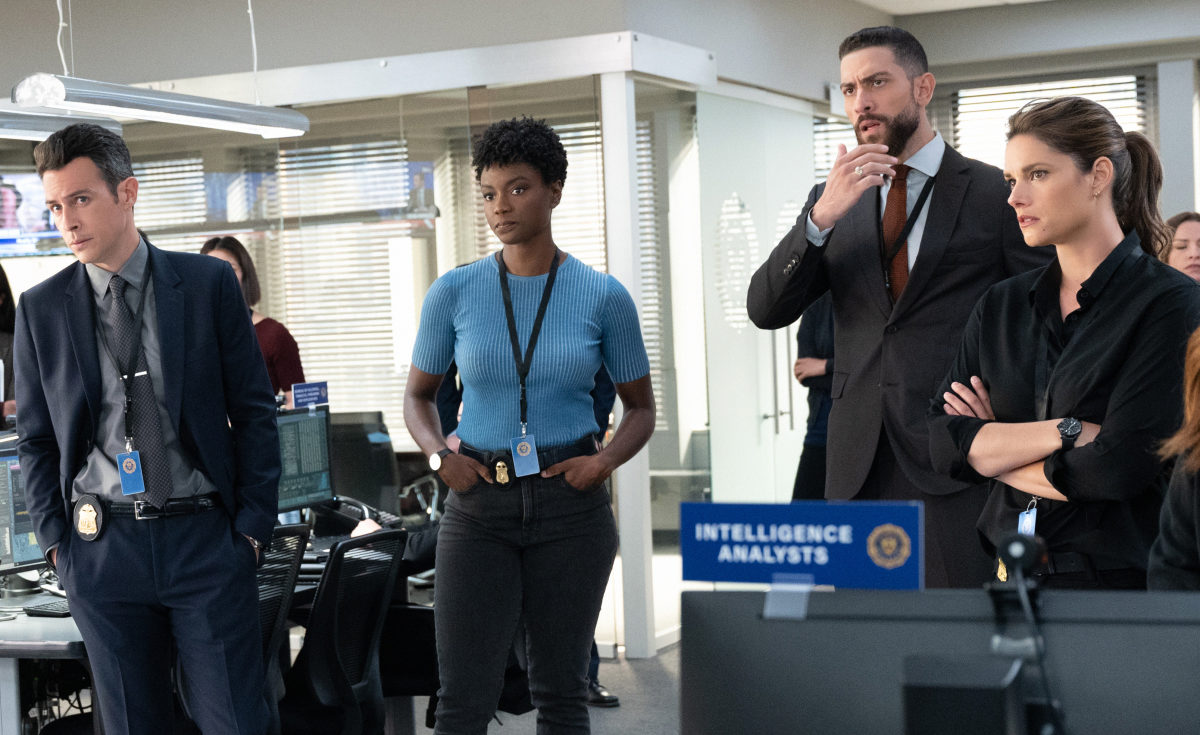With its first three seasons as evidence, the criminal scandals chosen for dramatization in FX’s American Crime Story seem to follow some common throughlines. While each installment of the anthology series deals with a separate criminal case (alongside a new cast and source material) showrunner Ryan Murphy seems most intrigued by those crimes which are tabloid-friendly, salacious, and representative of a particular era.
American Crime Story’s debut season covered the 1994 trial of OJ Simpson, while the succeeding seasons adapted the murder of Gianni Versace and the extramarital affair between Bill Clinton and Monica Lewinsky. Each bound by their ‘90s setting and prone to an ensuing media circus, these scandals have set a tone for Murphy’s upcoming installments, and have often recast much-maligned cultural figures from Lewinsky to Simpson prosecutor Marcia Clarke. It’s reported that the next seasons of American Crime Story will respectively cover the aftermath of Hurricane Katrina and the dubious dealings of Studio 54 founders Steve Rubell and Ian Schrager. Here’s ten more criminal scandals that are worthy of dramatization for American Crime Story.
Watergate Scandal
Although we’ve seen iterations of President Richard Nixon’s 1972 Watergate scandal before (most notably in All The President’s Men, The Post and the more recent Gaslit), these adaptations lack the pulpy flair that Murphy could bring to the case. From its distinct ‘70s aesthetic to the sensational criminal tangents (a botched cover-up and wiretapping included), the Watergate scandal appeals to Murphy’s strengths in both style and substance.
In a similar fashion to previous ACS seasons, the fiasco also holds contemporary relevance, speaking to issues of the abuse of political power, with a potentially stellar monologue to be lifted from Nixon’s resignation speech in 1974.
JFK’s Assassination
From a purely stylistic standpoint, the Kennedy’s – long held distinction as the US’s most fashionable First Family- provide all the trappings of a Murphy affair, with ‘60s period details abound. The media’s obsession with John F. Kennedy is an aspect of his presidency that’s gone largely overlooked in previous adaptations like JKF and Jackie, and yet it’s one that Murphy is best poised to tackle.
In line with his recasting of misunderstood women, Murphy could emphasize the importance of Jacqueline Kennedy Onassis, with a potential Marilyn Monroe cameo to boot. Murphy’s exploration of the conspiracy theories surrounding a given case was put on display in The People VS. OJ Simpson, and it could equally be applied to the supposed involvement of the mafia and the CIA in JFK’s death.
Balloon Boy Hoax
Despite being a lesser known crime, the Balloon Boy hoax is rife with Murphy-isms, a tabloid-fodder case that went on to launch a reality television and music career for the parties involved. In 2009, the Heene family claimed that one of their sons had, in an experiment gone wrong, been trapped in a large helium flying saucer some 7,000 feet above ground level.
When the authorities later found the boy hiding in the family’s attic, a media circus ensued as the general public raised suspicions over the story’s validity. After a disastrous appearance on Larry King Live, in which the son admitted he “did it for the show,” the Heene parents were convicted of misdemeanor and felony charges, all in a supposed scheme to increase their notoriety for future reality television prospects.
Tonya Harding vs. Nancy Kerrigan
Aligning with the ACS’s current ‘90s settings and filled with potentially dazzling costume designs, the assault of Nancy Kerrigan (and the alleged, disputed involvement of rival Tonya Harding) in the lead-up to the Winter Olympics has Murphy written all over it.
While audiences have been treated to a dramatization of the affair in I, Tonya, the complexity of the stranger-than-fiction story could warrant a series-long runtime, from the hiring of hitmen to Harding’s troublesome relationship with her husband. A new iteration of the crime could also further explore Kerrigan, who was largely excluded in Margot Robbie’s adaptation.
College Admissions Scandal
Occupying the intersection of celebrity, class, and Ivy League affairs, the college admissions scandal of 2019 is a worthy, albeit recent, potential addition to the ACS canon. The season could explore both the police operation which uncovered the scandal, code named ‘Operation Varsity Blues,’ and dramatize the motives behind those involved (which included actresses Lori Loughlin and Felicity Huffman, among others).
Holding contemporary relevance in its unearthing of the broken college system, as well as the wealthy people who it benefits, the admissions scandal could also account for Murphy’s penchant for social commentary.
John Lennon’s Murder
Although the victim himself was born in the UK, the assassination of The Beatles frontman John Lennon was distinctly American in its demonstration of super fandom gone awry. The subtle details of the case – which occurred on the steps of Lennon’s New York City apartment in 1980 – are riveting, from the killer’s months-long stalking of Lennon and his wife to his obsession with the novel Catcher in The Rye.
It was also reported that the murderer, Mark Chapman, conspired to kill fellow ‘80s legends like Johnny Carson, Paul McCartney and Elizabeth Taylor. More broadly, Murphy could draw ample material from the case’s period setting, particularly the rise of secularism given that it was Lennon’s controversial comment that his band was “more popular than Jesus” that motivated Chapman’s scheme.
Elizabeth Holmes
Providing an opportunity to comment on the white-collar crimes of Silicon Valley, Elizabeth Holmes’ much-publicized role as CEO of the now-defunct Theranos captivated the world in 2015. Murphy could trace Holmes’ rise through the entrepreneurial hierarchy before chronicling her fraudulent aspirations for a blood testing product that didn’t exist.
However, the recent adoption of the saga, The Dropout, as well as reports of an upcoming feature-length iteration starring Jennifer Lawrence, may dampen this case’s chances of gaining additional screen time.
The AIDS Crisis
While there’s no ostensible ‘crime’ to point to in the AIDS Crisis of the ‘80s, this depiction could align with that of the forthcoming season Katrina in that it was the government’s mishandling of the situation that constituted criminal activity.
Murphy has tackled AIDS before in 2014’s The Normal Heart, but this iteration could look more closely at the political dimensions of the crisis. The season could also draw parallels to the still-ongoing COVID-19 pandemic, while re-examining the homophobia which allowed for the government’s years-long inaction and caused thousands of deaths in the decade.
Princess Diana
The tumultuous relationship between Princess Diana and Prince Charles was previously reported to be the subject of a separate Murphy franchise, Feud, marking the series’ second season after its first outing covered the animosity between actresses Joan Crawford and Bette Davis.
However, the second season has since changed focus, and criminal activity has been uncovered around the royal marriage of the ‘80s, particularly in relation to Diana’s infamous interview with Martin Bashir. Bashir’s alleged unethical sourcing of the interview, as well as the broader role the British media played in Diana’s death, unveil a dubious underbelly around the case, ripe for Murphy’s picking.
Harvey Weinstein and #MeToo
While it’s a more recent (and still ongoing) case, the crimes of mega-producer Harvey Weinstein were scandalous enough to launch a cultural movement, and speak to the heart of Murphy’s affinity for Hollywood glamor-turned-criminal.
Previous films like Bombshellhave gone some way in chronicling the movement, but the full depth of Weinstein’s years-long abuse, and the powerful position from which he wielded it, has yet to hit the silver screen. The case is as high-profile as Murphy could get, although it remains to be seen whether Hollywood itself would be receptive to such a depiction.
























































![Social Media Spring Cleaning [Infographic] Social Media Spring Cleaning [Infographic]](https://imgproxy.divecdn.com/9e7sW3TubFHM00yvXe5zvvbhAVriJiGqS8xmVFLPC6s/g:ce/rs:fit:770:435/Z3M6Ly9kaXZlc2l0ZS1zdG9yYWdlL2RpdmVpbWFnZS9zb2NpYWxfc3ByaW5nX2NsZWFuaW5nMi5wbmc=.webp)
![5 Ways to Improve Your LinkedIn Marketing Efforts in 2025 [Infographic] 5 Ways to Improve Your LinkedIn Marketing Efforts in 2025 [Infographic]](https://imgproxy.divecdn.com/Hv-m77iIkXSAtB3IEwA3XAuouMwkZApIeDGDnLy5Yhs/g:ce/rs:fit:770:435/Z3M6Ly9kaXZlc2l0ZS1zdG9yYWdlL2RpdmVpbWFnZS9saW5rZWRpbl9zdHJhdGVneV9pbmZvMi5wbmc=.webp)



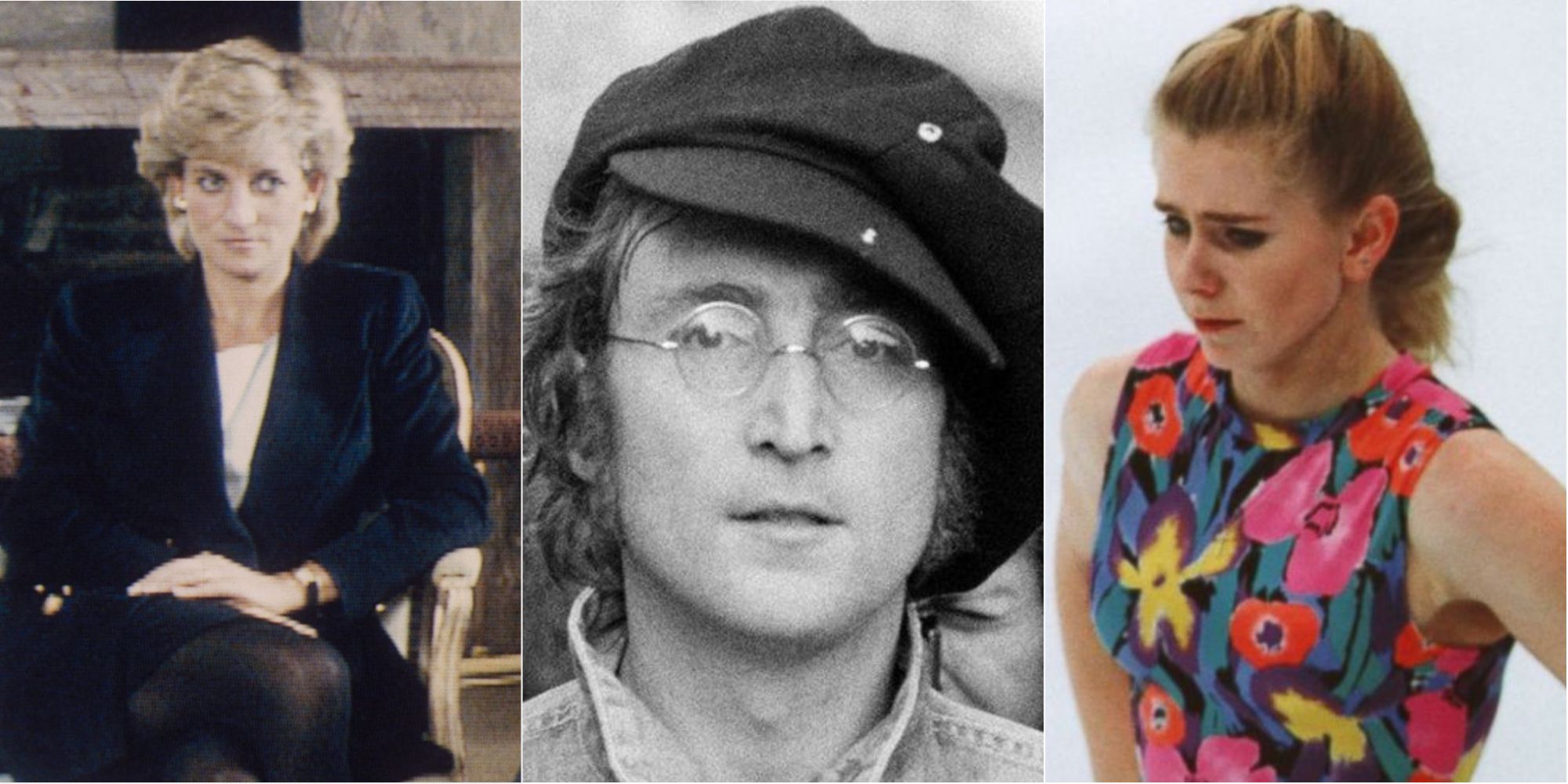
-(1).jpg)
.png)
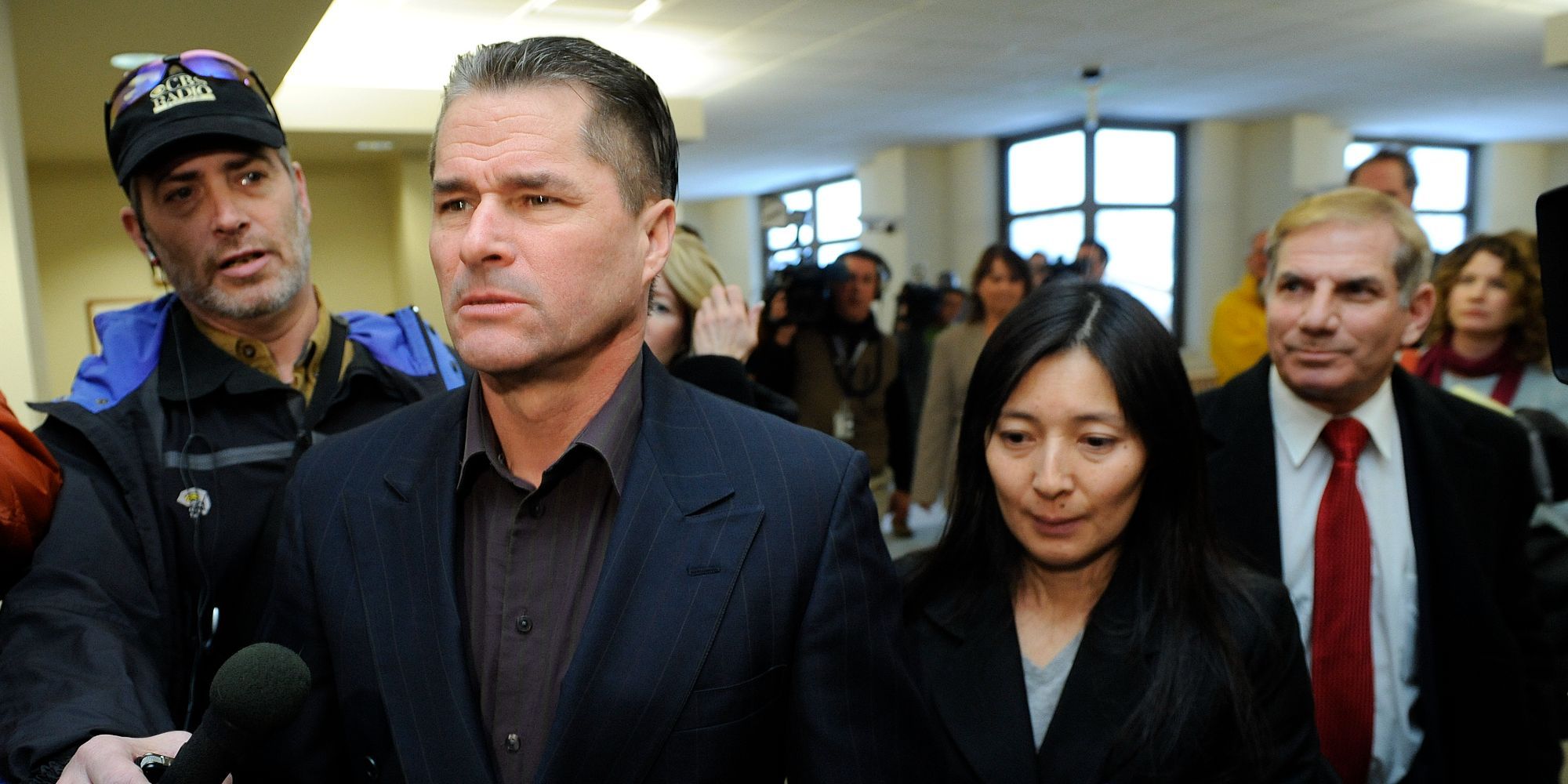
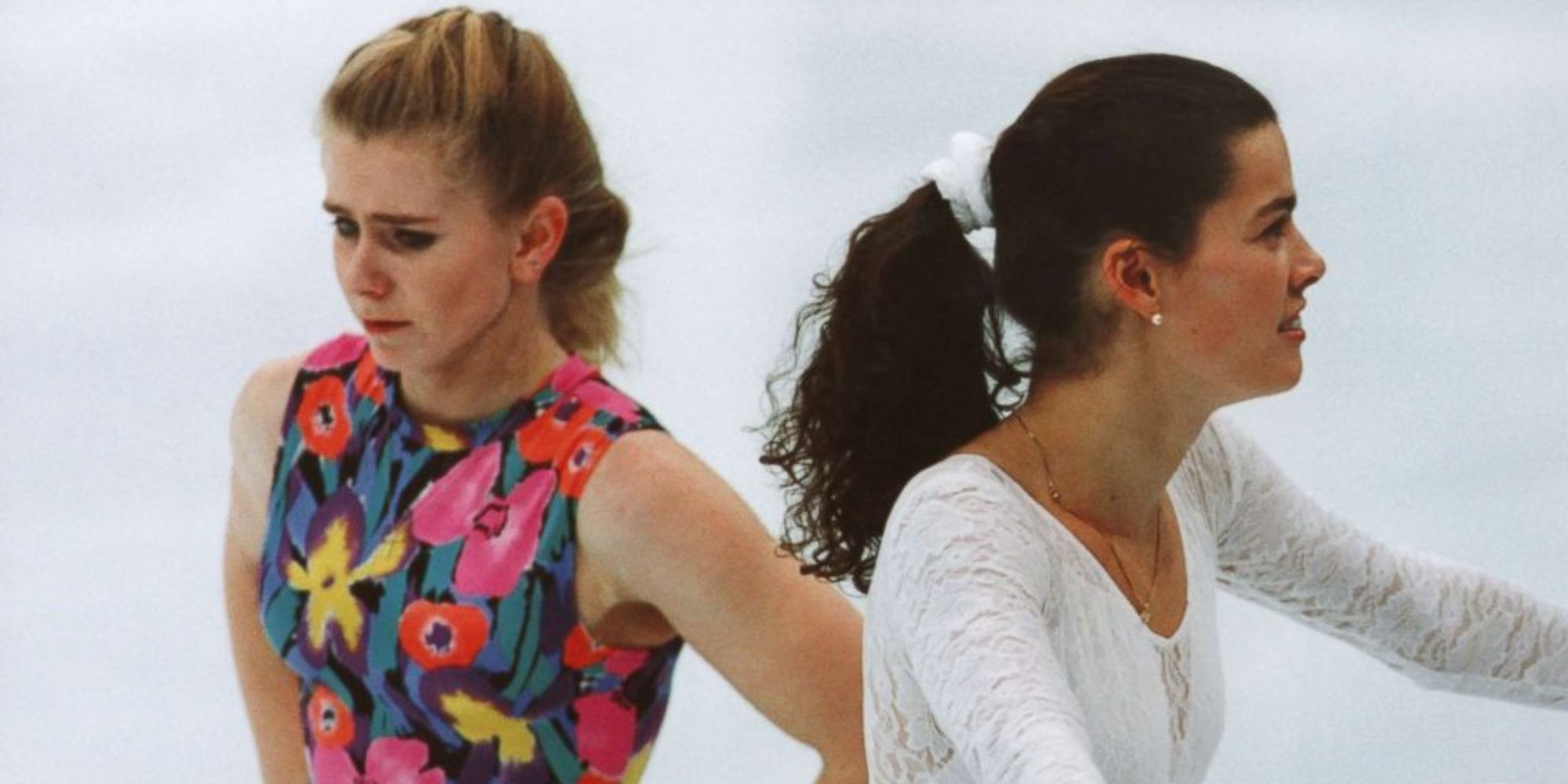
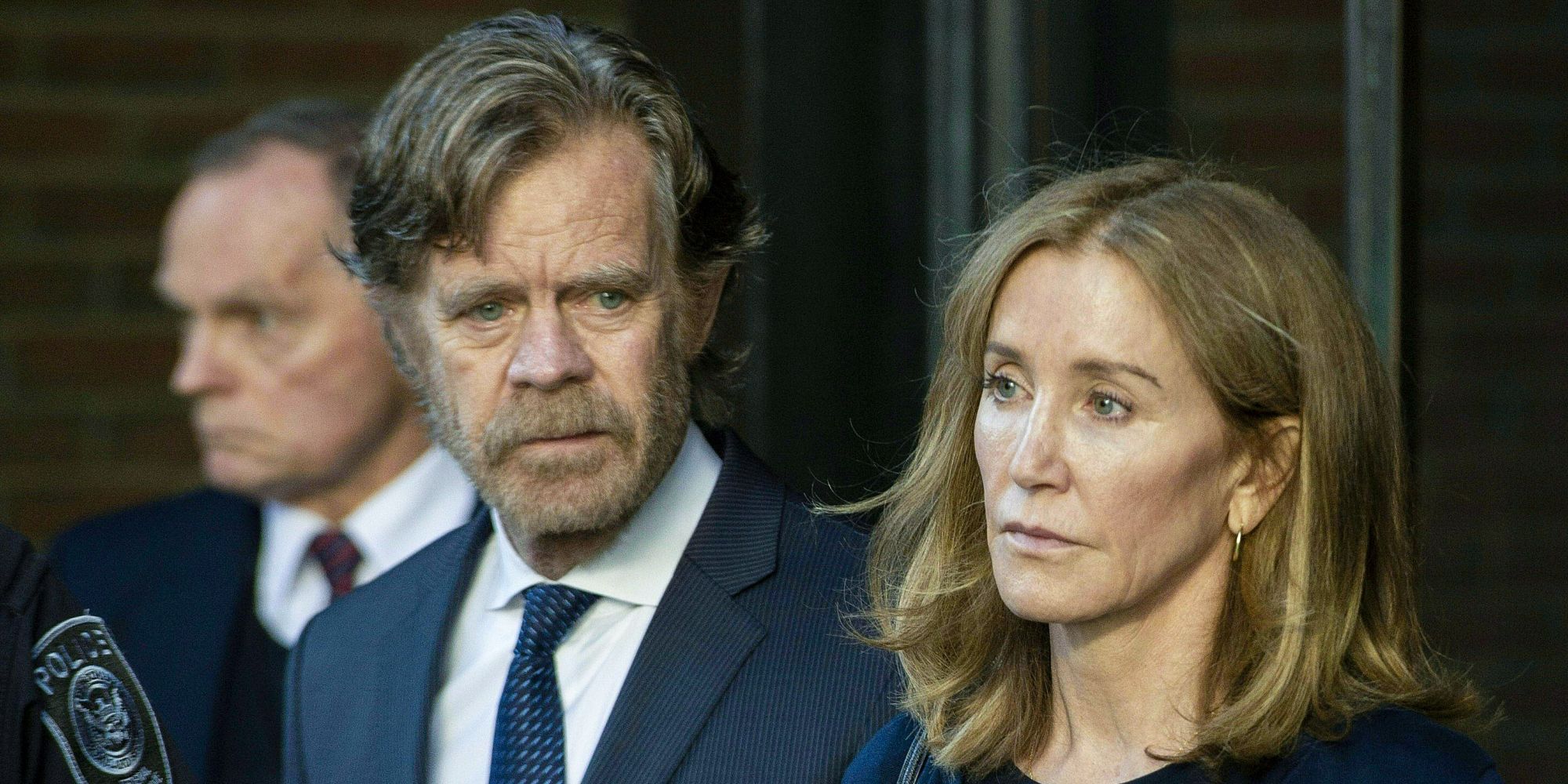
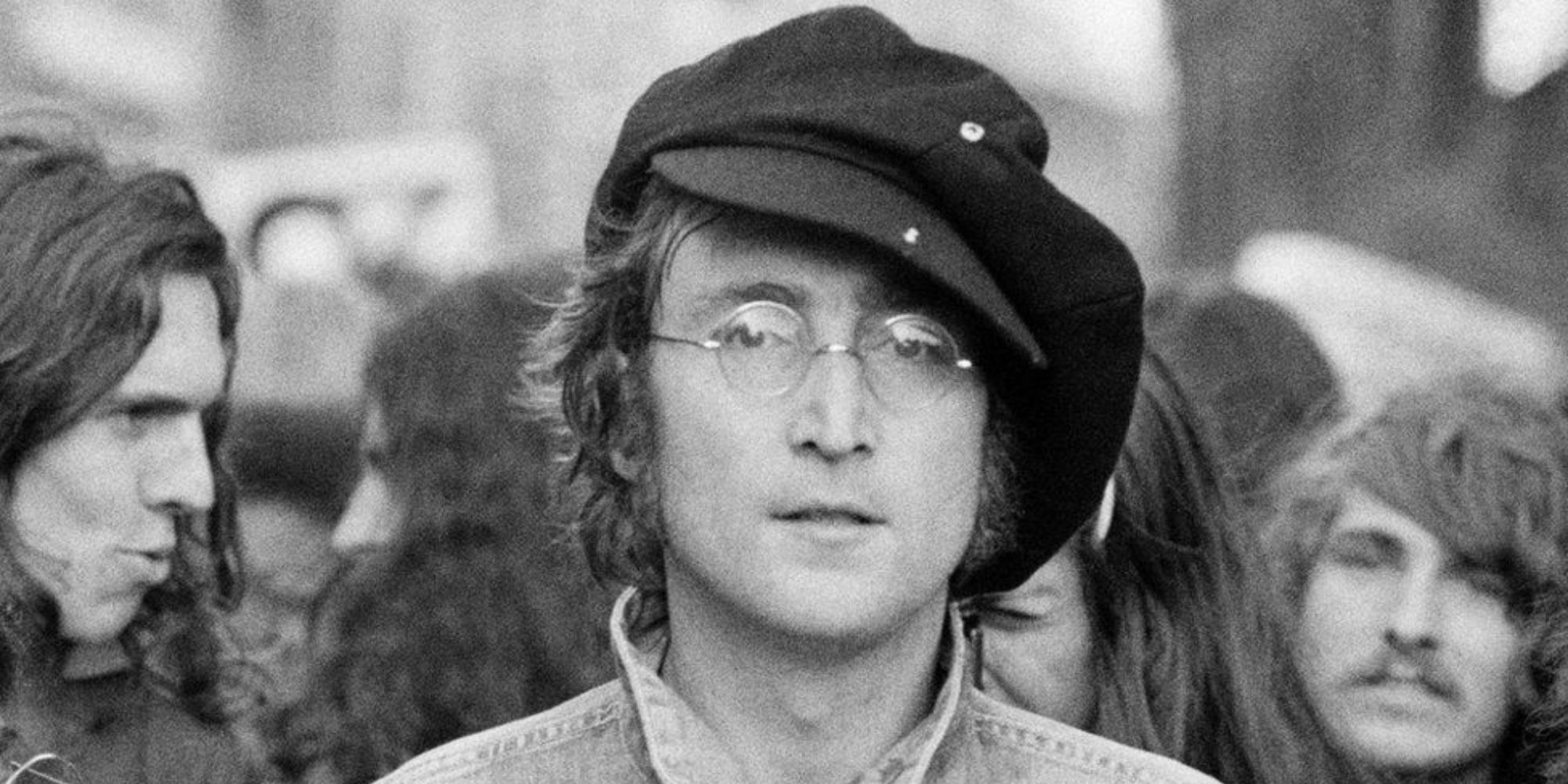
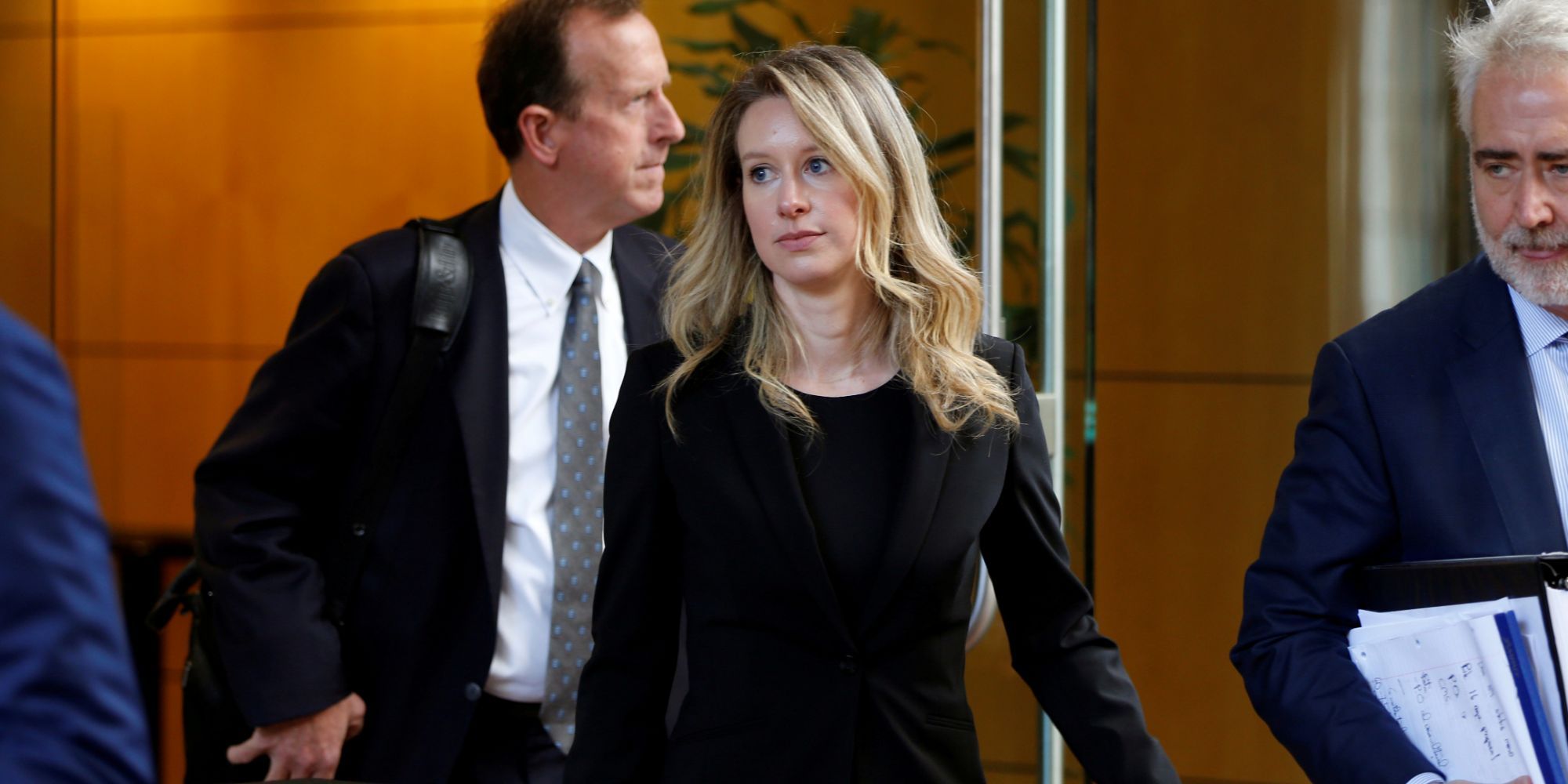
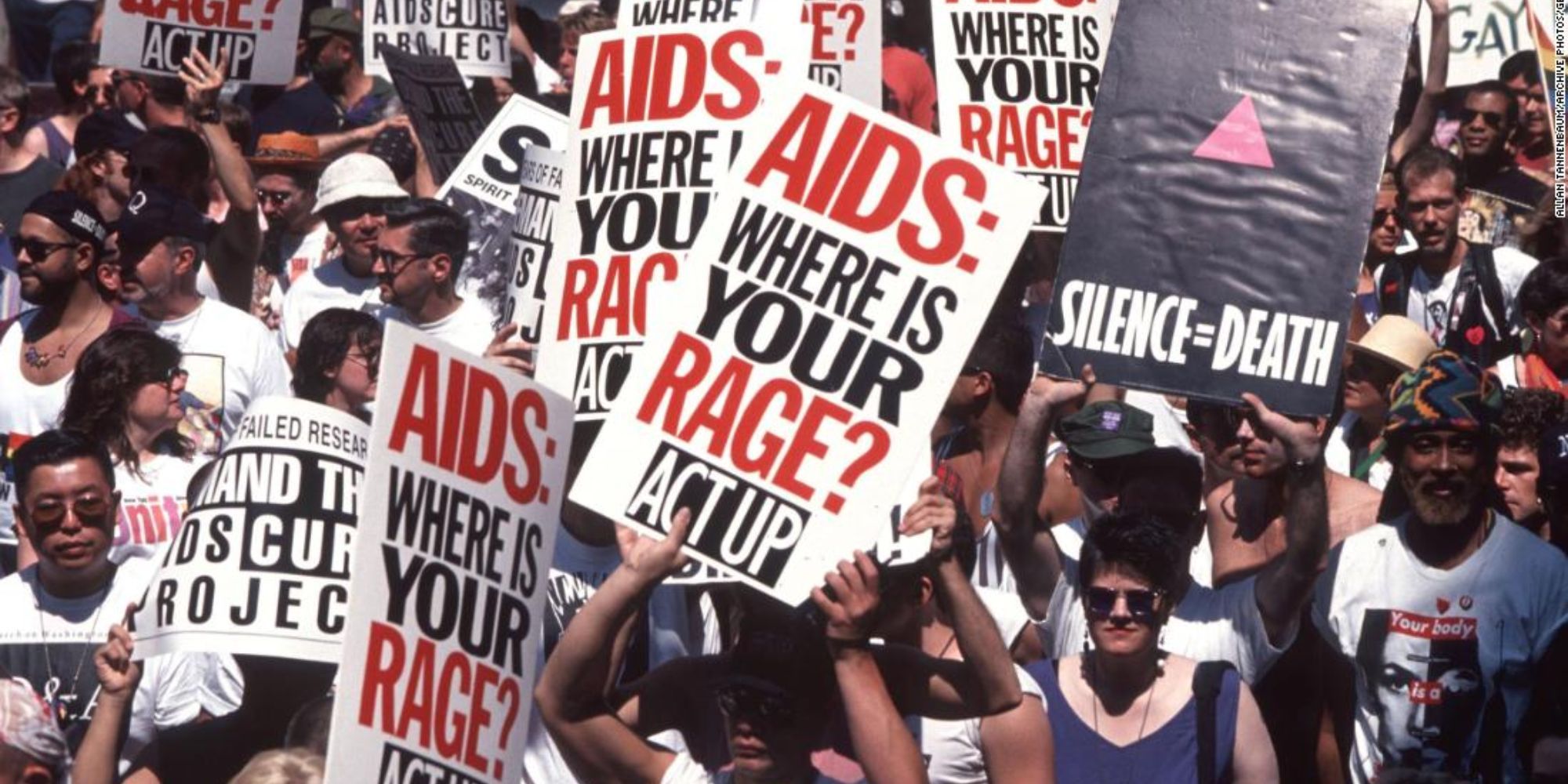
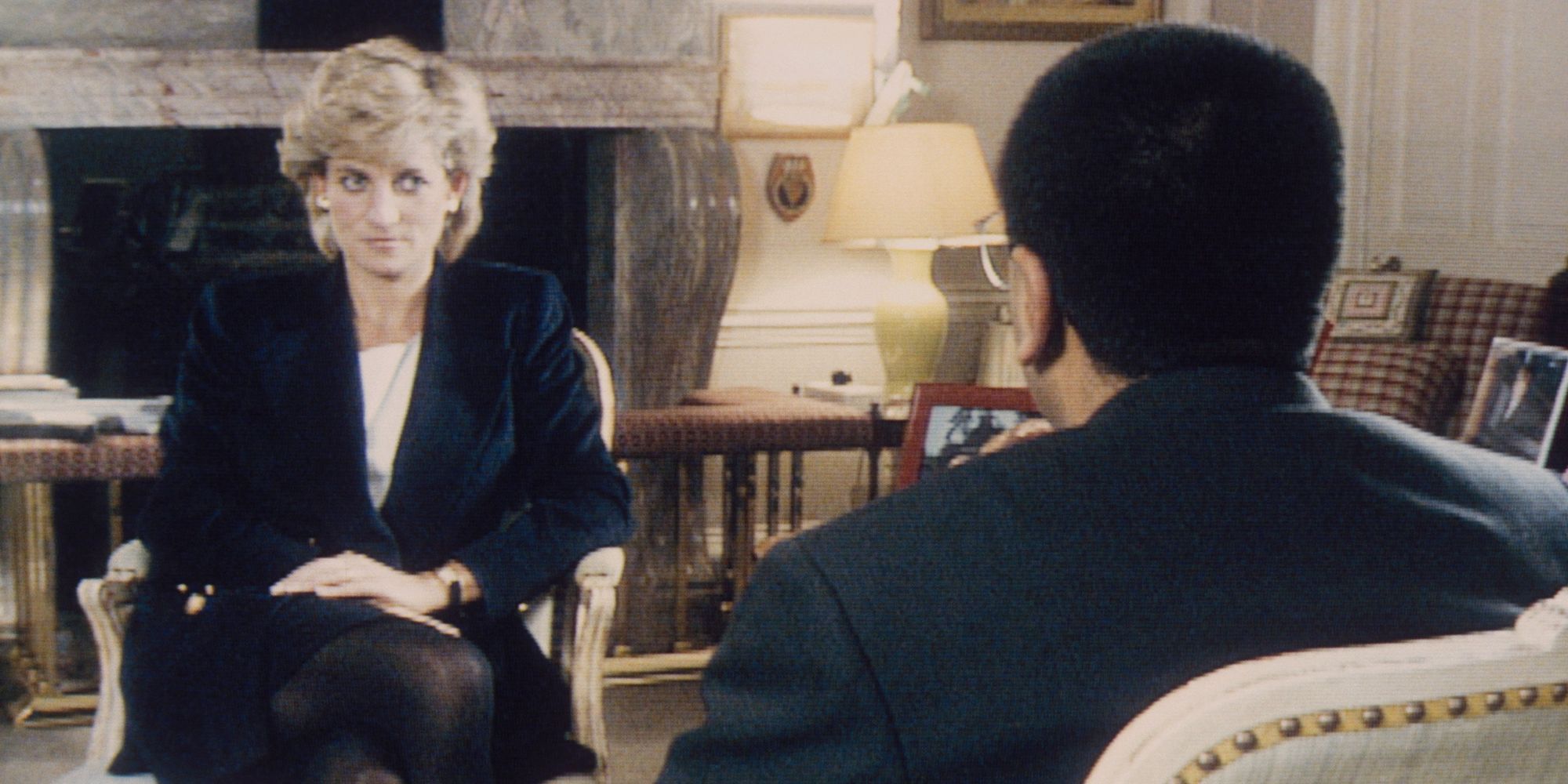
-(1).jpeg)



